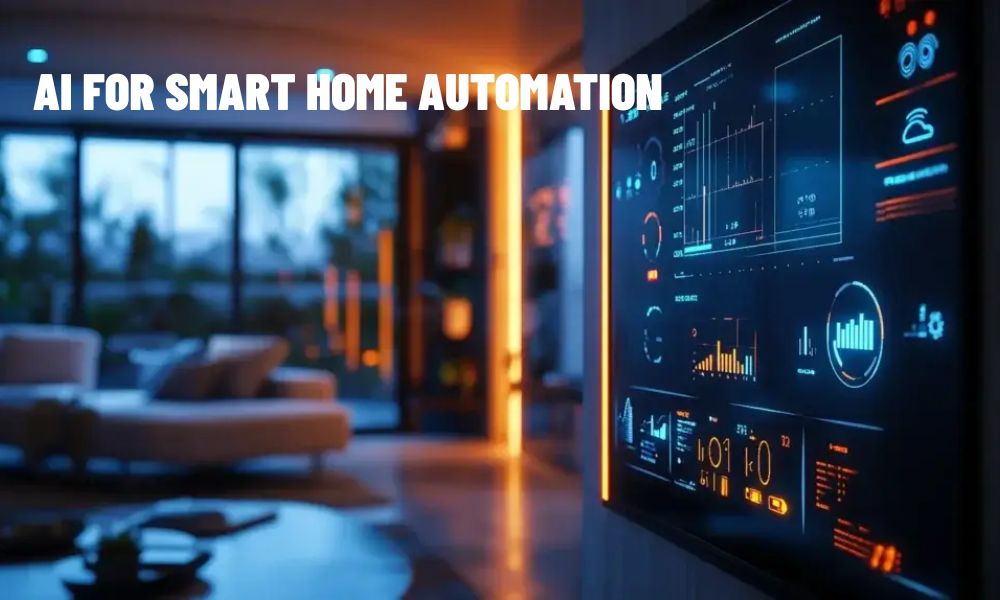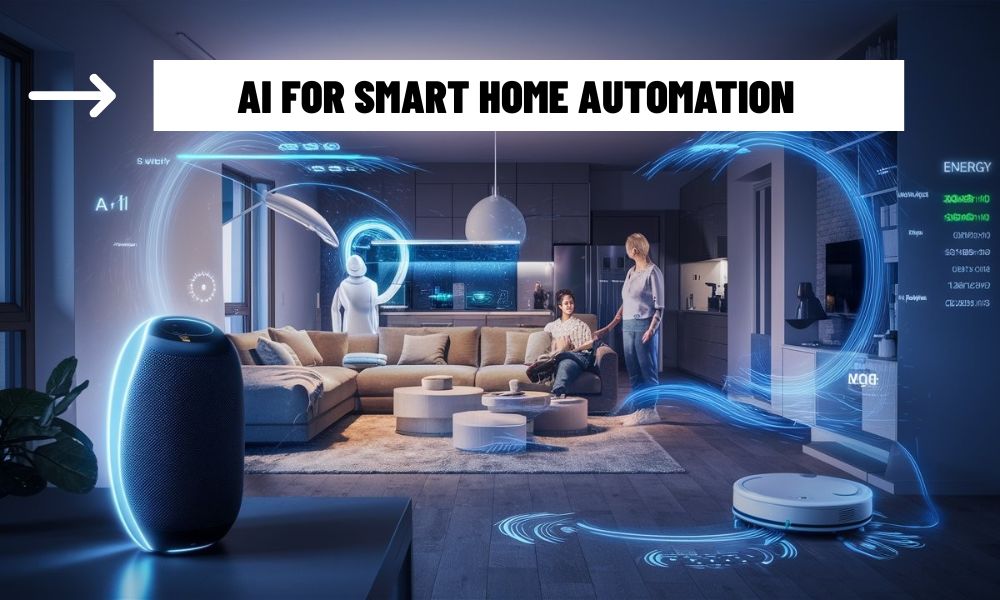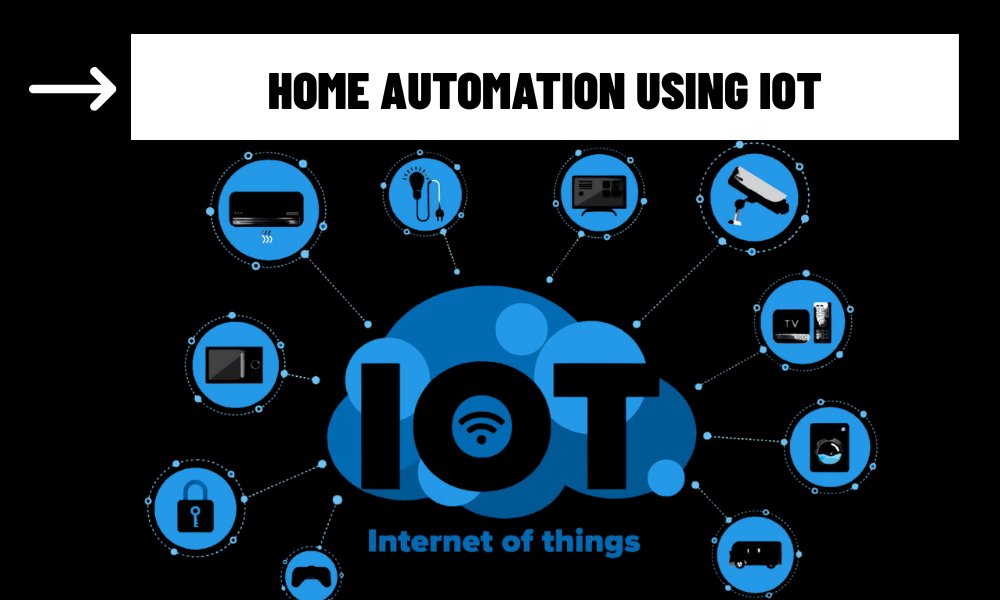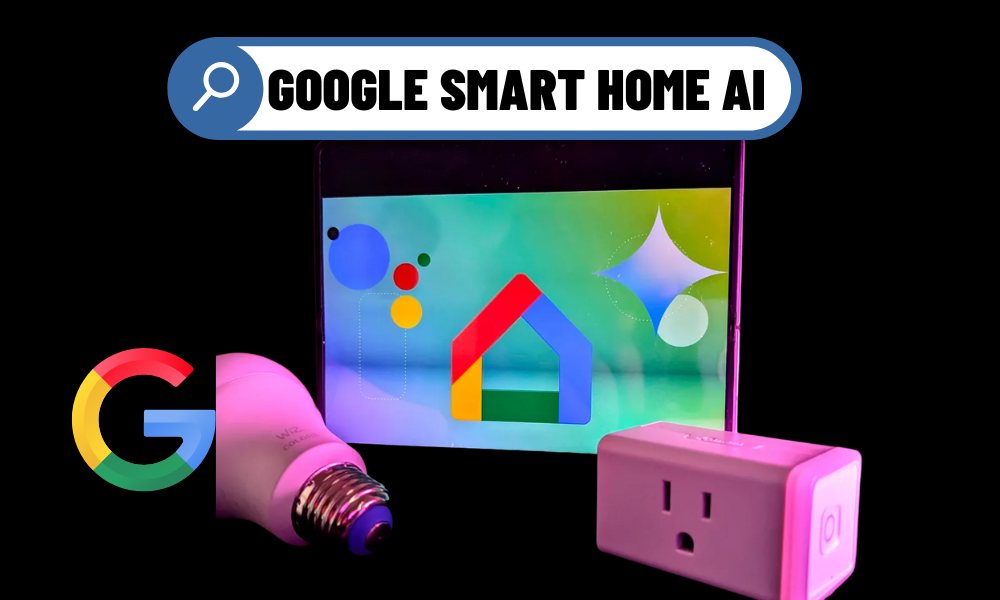Contents
Introduction to AI for Smart Home Automation
The integration of artificial intelligence (AI) into smart home systems has transformed how we interact with our living spaces. AI for smart home automation empowers homeowners with seamless control, enhanced security, and energy efficiency. From voice-activated assistants like Amazon Alexa to AI-driven thermostats, this technology is redefining convenience and sustainability in homes worldwide.
Key Benefits of AI in Smart Home Automation
Personalized and Intelligent Automation
AI for smart home automation learns user preferences and adapts to daily routines. For instance, devices like the Google Nest Learning Thermostat analyze your schedule to optimize heating and cooling, reducing energy costs by up to 15%. This level of personalization ensures comfort while promoting sustainability.
Enhanced Security Through AI
AI-powered security systems, such as Ring Video Doorbells, leverage facial recognition and motion detection to distinguish between familiar faces and strangers, sending real-time alerts to your smartphone. This minimizes false alarms and strengthens home safety.
Time-Saving Convenience
With AI for smart home automation, tasks like adjusting lights, locking doors, or brewing coffee can be managed with a single voice command via assistants like Google Assistant or Siri. AI even anticipates needs, such as preheating your home before you arrive.

Practical Applications of AI in Smart Homes
Energy Management: Smart lighting systems like Philips Hue use AI to adjust brightness based on occupancy, saving up to 75% on lighting costs with LED technology and motion sensors.
Security and Surveillance: AI cameras like Arlo Ultra differentiate between people, pets, and objects, ensuring relevant notifications and reducing clutter.
Appliance Automation: Platforms like Samsung SmartThings enable interconnected devices to execute complex routines, such as starting your coffee maker when your alarm rings.
Future Trends in AI for Smart Home Automation
The evolution of AI for smart home automation is accelerating, with exciting developments on the horizon:
Seamless Integration: Protocols like Matter will ensure compatibility across brands, creating unified smart home ecosystems.
AI-Powered Robotics: Devices like iRobot Roomba j7+ will evolve beyond cleaning to assist with tasks like elderly care or package delivery.
Data Privacy: Solutions like Josh.ai prioritize user privacy by processing data locally, addressing growing concerns about cybersecurity.
How to Get Started with AI for Smart Home Automation
Choose a Compatible Ecosystem: Opt for platforms like Google Home, Amazon Alexa, or Apple HomeKit based on your devices and preferences.
Start Small: Invest in entry-level devices like smart bulbs, plugs, or security cameras before scaling up.
Prioritize Security: Use strong passwords and regular firmware updates to safeguard your smart home network.
AI for smart home automation is more than a trend—it’s a lifestyle upgrade that delivers convenience, security, and efficiency. By embracing AI-driven solutions, homeowners can create intelligent, sustainable, and secure living environments. Start exploring AI for smart home automation today to unlock the full potential of your home.



